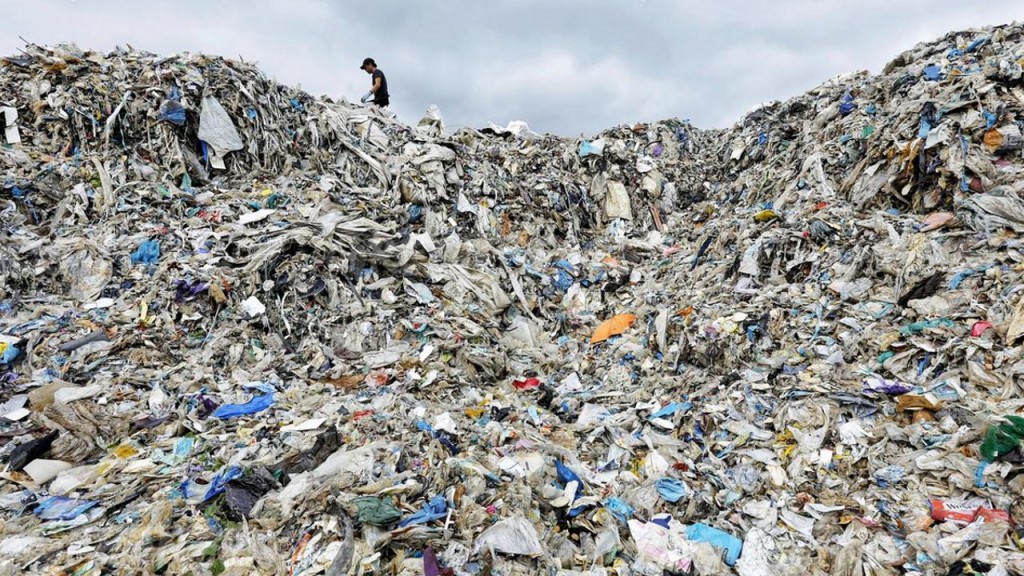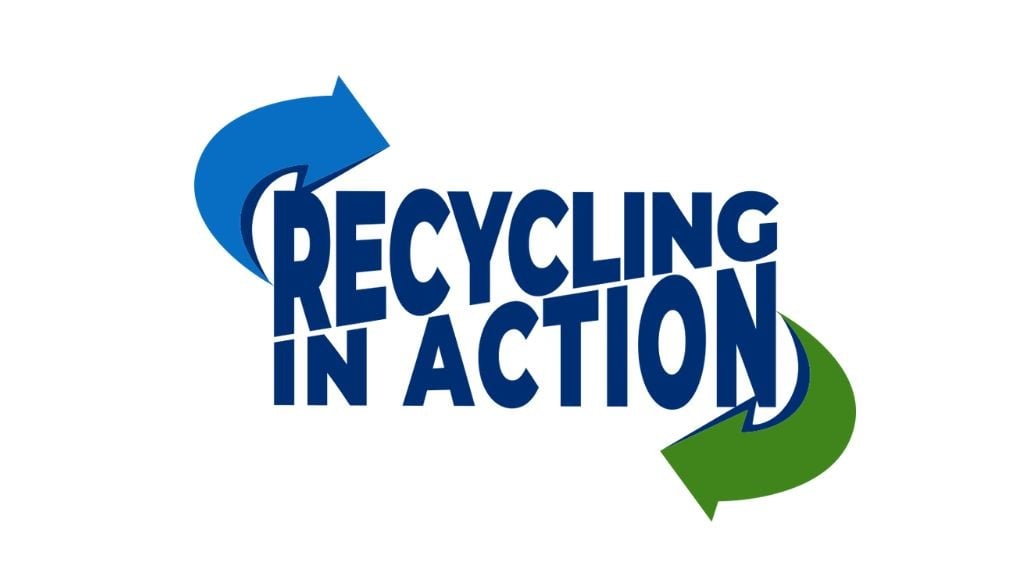
Verra and the 3R Initiative has launched a new plastic stewardship initiative that will establish the world's first comprehensive framework for companies to verifiably manage and reduce plastic waste.
More than 1,000 organizations have united behind a common vision and targets to create a circular economy for plastic as part of the Ellen MacArthur Foundation's New Plastics Economy. Many are starting to set targets to collect and recycle the plastic waste they generate. Until now, there has been no integrated framework incorporating best practices for achieving and reporting on goals to collect and recycle plastic.
"With less than 10 percent of the 350 million tonnes of plastic produced each year currently recycled, we face an unprecedented plastic pollution crisis which must be addressed," said David Antonioli, Chief Executive Officer of Verra. "If just 10 of the top plastic producers in the world adopted this new plastic stewardship initiative, it would remove more than 1 million tonnes of plastic waste leaked into the environment each year."
The plastic stewardship initiative includes Guidelines for Corporate Plastic Stewardship and a Plastic Waste Reduction Standard (Plastic Standard). The Guidelines for Corporate Plastic Stewardship, developed by the 3R Initiative, South Pole, Quantis and EA, provide best practices for companies to credibly and transparently quantify and report on their plastic footprints, leakage and commitments to reduce plastic waste.
The Plastic Standard, developed and managed by Verra, helps companies that have fully maximized efforts to reduce the plastic footprint of their operations to invest in projects that collect and recycle plastic waste. Companies can do this by purchasing plastic credits from projects that meet the Plastic Standard. The plastic stewardship initiative creates incentives for companies to invest in new or scaled-up collection and recycling projects that reduce plastic pollution and greenhouse gas emissions, help improve livelihoods and protect marine ecosystems.
The Plastic Standard was piloted by 24 projects in 18 countries on six continents. In Indonesia, where 165 million people do not have access to waste management, Nestlé and Danone contributed to two pilot projects using the Plastic Standard to account for and independently verify the social, economic and environmental benefits of their work.
In 2019, Nestlé became a strategic partner of Project STOP to build more circular waste management systems in Indonesia, working with the local government and community. Since its founding in 2017 by Borealis and SYSTEMIQ, Project STOP, together with its partners, has stopped more than 1,200 tonnes of plastic from polluting the environment and brought new waste collection services to 134,000 people.
"Using the Plastic Standard will help improve transparency on impact measurement and reporting while supporting projects that will improve collection and recycling rates around the world," said Hanna Jager, Nestlé Global Packaging Sustainability Lead.
In another pilot project in Indonesia, Danone invested in a recycling sorting center that diverted 1,400 tonnes of plastic from landfills in 2020 and is expected to divert 4,400 tonnes of plastic this year.
"This initiative will help companies speak the same language when quantifying their plastic footprint, increasing transparency and accountability to advance and accelerate toward a more circular economy," said Alexander Cramwinckel, Global Circular Economy Manager at Danone.
In addition to Verra, whose Verified Carbon Standard accounts for two-thirds of all voluntary carbon offsets in the world, 3R Initiative members include Danone, Nestlé, Tetra Pak, BVRio, Conservation International, Lloyd's Register, McKinsey.org, South Pole, SYSTEMIQ, Natural Capital Partners and Veolia.


